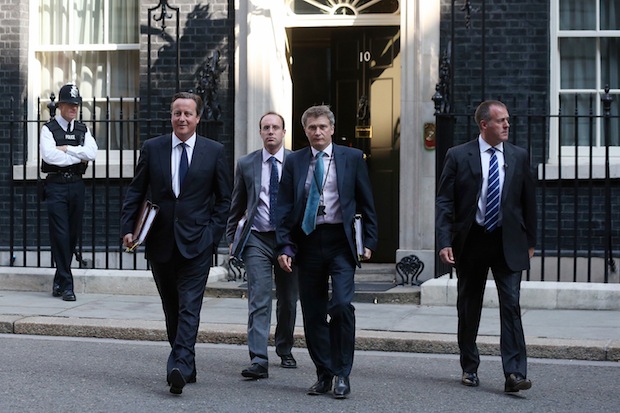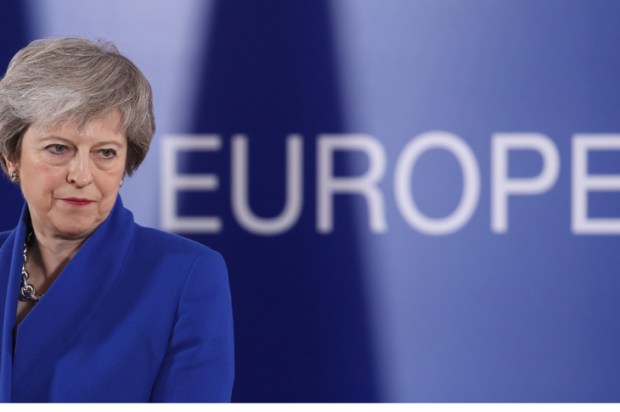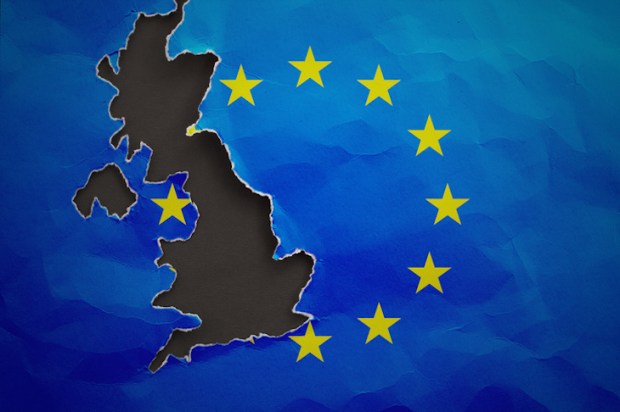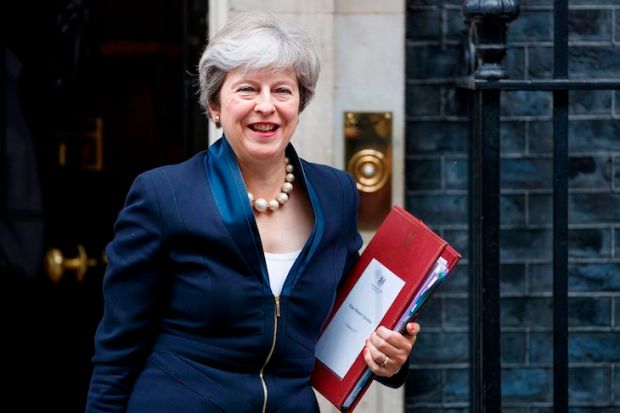The political conference season may be lacking in party activists nowadays, but it has lost none of its importance to the party leaders. For David Cameron, Nick Clegg and Ed Miliband, the next four weeks are a chance to position themselves for the final, full parliamentary year before the general election. Clegg needs to get his party members to sign off on the policies he has pursued in government, to prevent any manifesto embarrassments. Miliband needs to find an iconic policy which tells voters what his government might be like. Cameron needs to protect his right flank from Ukip, while still appealing to the centre.
But none had planned for the new parliamentary term starting with the eruption of the Syrian conflict on to the British political agenda. A month ago, no one was expecting MPs to have been untimely ripped from their sun-loungers to vote on the principle of military action against the Assad regime.
It was undoubtedly damaging for the Prime Minister to lose a vote on a matter of war and peace. But there has been as much of a backlash against Miliband as Cameron and all the party leaders seem to want to forget that last week’s drama ever happened. One of those involved in No. 10’s discussions of the issue says there is no appetite for a second Commons vote on Syria, ‘It’s very much a case of once bitten, twice shy.’ So, at least for the moment, the Syrian issue has departed as dramatically as it arrived.
Last week’s government defeat was a historic moment. If the executive is not to wage war, what is it for? But people in Westminster are still struggling to work out what the vote has actually changed. There’s a general acceptance that it has altered how British prime ministers will be perceived abroad. As one member of the shadow cabinet concedes, when a British prime minister now tells the world he’ll do something, foreign leaders will wonder whether he’ll be able to get it through Parliament.
What it means domestically, though, is less clear. The vote was another reminder that Britain is ceasing to be, to use Quentin Hogg’s phrase, an ‘elective dictatorship’. Government no longer controls Parliament in the way it once did, for all the reasons that Peter Lilley outlines on page 22. His analysis chimes with the view inside Downing Street: the political class is going to have to get used to prime ministers losing votes, given how independent-minded MPs are becoming.
The cabinet’s discussion on Tuesday morning revealed some generalised grumbling about what the vote said about Britain and the Tory party. They fretted about whether the party was becoming isolationist, complaining that it seems to like neither foreign aid nor military intervention. But there was also a sense that the events of the last week hadn’t changed the party political calculus that much. ‘It’s not an ERM moment,’ one secretary of state said afterwards.
Indeed not. This may have been the first defeat on foreign policy for a prime minister in the modern era. But it was still a defeat over an issue that ranks low on voters’ list of priorities. Tellingly, the opposition didn’t even bother to table a motion of no confidence following it. The only calls for the Prime Minister to resign came from the excitable Nationalist benches on the night of the defeat; they have not been repeated in the cold light of day.
No. 10 is hoping that domestic politics can now be snapped back to where it was before the Syrian interruption — with Labour on the defensive and Miliband under pressure. Tory HQ will launch a series of broadsides at the Labour leader next week to coincide with his speech to the Trades Union Congress. Through these attacks, they’ll try to put Miliband’s supposed failing as a leader back on the political agenda. They are convinced that his perceived ‘weakness’ is one of their most potent electoral weapons.
The Tories are also increasingly convinced that the economy will be an electoral plus for them. Bolstered by encouraging recent data, upgrading of the growth forecast and a commendation for the British economy at the G20 summit, George Osborne will deliver a speech on the Tory plan for the recovery next week. Though that early Cameroon phrase ‘sharing the proceeds of growth’ will not pass the Chancellor’s lips, it will be about how the Tories intend to make sure that all ‘hard-working people’ benefit from the return of economic growth.
Osborne is keen to show that his ‘we’re all in this together’ mantra applies to the recovery as well as the recession. Those around him know that Labour’s most potent charge is that the Tories are for the few — and so is their recovery. The peculiar trend of a growing economy, but stagnant wages and soaring assets for the richest, underlines this charge. As one cabinet minister puts it, ‘it all comes down to the economy. People have got to have an optimistic feeling that there’s a real recovery and that they are better off.’ This is why the Tory party will spend the next few months searching for a way to put money back in workers’ pockets.
The Tories will also have to reassure voters that they are a united party. Cameron’s defeat over Syria was a reminder that he lacks an instinctive feel for his parliamentary party. He is neither feared nor loved by it. If Cameron can’t control his MPs, he at least needs to find a way to communicate with them to avoid more damaging, public splits.
They’ll probably be little Tory trouble for the next few weeks. One senior backbencher explains that ‘when a leader of the Conservative party is most seriously wounded is when the party is least likely to draw attention to it’. But it would be wrong of No. 10 to take any period of relative calm as proof that its management problems have been solved. Without extremely careful handling, the coming vote on opting back into the European arrest warrant will reopen the whole European argument inside the party.
The last prime minister to lose a vote on a matter of war and peace in the Commons was gone within the month. No one — not even Cameron’s internal and external enemies — expects this fate to befall the current occupant of No. 10. But if Cameron is to still be in Downing Street after 2015, he will have to learn to become a more disciplined politician who prepares the battlefield before he tries to go to war.
Got something to add? Join the discussion and comment below.
Get 10 issues for just $10
Subscribe to The Spectator Australia today for the next 10 magazine issues, plus full online access, for just $10.
You might disagree with half of it, but you’ll enjoy reading all of it. Try your first month for free, then just $2 a week for the remainder of your first year.















Comments
Don't miss out
Join the conversation with other Spectator Australia readers. Subscribe to leave a comment.
SUBSCRIBEAlready a subscriber? Log in